Home » Sea
The maritime environment is, without a doubt, the most demanding and difficult environment in which to work. Isolation, lack of readily available egress and poor to non-existent host nation security support combine to significantly stress your crew and operations. Trident Group America has provided world-class security programs for the Gas and Oil industry, commercial shipping and Ports & Harbors since the year 2000. Through these years of practical application, TGA has earned our position as one of the most seasoned and professional security consultants in the world. Call us today to learn more about what Trident Group America can do for you.
Anti-Piracy Assistance Security Service
Industry Information
Best Management Practices (BMP) provides guidance and recommendations to seafarers on the steps that should be taken to prepare and conduct a transit through the sea area affected by Somali based piracy. Additional advice and information is provided on the MSCHOA and NATO websites (www.mschoa.org and www.shipping.nato.int) to augment BMP5.

The main purpose of BMP is to assist ships to avoid, deter or delay piracy attacks in the High Risk Area (currently defined as an area bounded by Suez and the Strait of Hormuz to the North, 10°S and 78°E.) Experience and data collected by naval/military forces, shows that the application of the recommendations contained within this booklet can and will make a significant difference in preventing a ship becoming a victim of piracy. Implementing BMP does not constitute a guarantee against becoming hijacked, but it remains a fact that the large majority of hijacked vessels did NOT implement BMP practices.
BIMCO
BIMCO is a shipping association providing a wide range of services to its global membership of stakeholders who have vested interests in the shipping industry, including ship-owners, operators, managers, brokers and agents.
The association’s main objective is to facilitate the commercial operations of its membership by means of developing standard contracts and clauses, and providing quality information, advice, and education.
BIMCO promotes fair business practices, free trade and open access to markets and is a strong advocate for the harmonization and standardization of all shipping related activity.
Accredited as a Non-Governmental Organization (NGO) with all relevant United Nations agencies and other regulatory entities, BIMCO actively promotes the application of international agreed regulatory instruments.
ISPS Code
The Oman LNG Qalhat Terminal was certified compliant with the International Code for the Security of Ships and Port Facilities on 24th May 2004. This was well ahead of the 1st July, 2004 deadline. The Company has, therefore, achieved another milestone towards its goal of further enhancing the security of both its plant and that of tankers carrying LNG or NGL from its port at Sur.
Many customers have expressed their appreciation for the security and safety arrangements provided by Oman LNG. This will, in turn, consolidate its reputation as a responsible and reliable supplier. Much of Oman LNG’s success could be attributed to its outstanding record as a reliable supplier of LNG. The Company takes the necessary measures to ensure.
What is the ISPS Code?
The International Ship and Port Facility Security Code (ISPS Code) is a comprehensive set of measures to enhance the security of ships and port facilities, developed in response to the perceived threats to ships and port facilities in the wake of the 9/11 attacks in the United States.
The ISPS Code is implemented through chapter XI-2 Special measures to enhance maritime security in the International Convention for the Safety of Life at Sea (SOLAS). The Code has two parts, one mandatory and one recommendatory.
In essence, the Code takes the approach that ensuring the security of ships and port facilities is a risk management activity and that, to determine what security measures are appropriate, an assessment of the risks must be made in each particular case.
The purpose of the Code is to provide a standardized, consistent framework for evaluating risk, enabling Governments to offset changes in threat with changes in vulnerability for ships and port facilities through determination of appropriate security levels and corresponding security measures









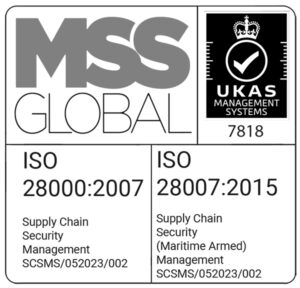
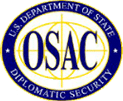
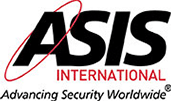
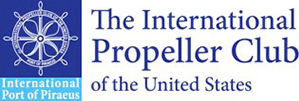

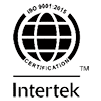
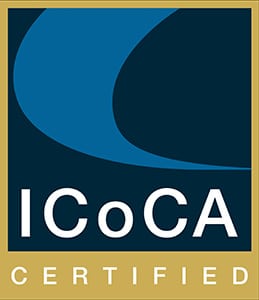
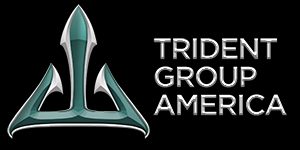
TGA REGIONAL OFFICE PIRAEUS
Omilos Trident Hellas
Filikis Eterias 23-25
Piraeus, Greece 185 34
CORRESPONDENCE OFFICE:
1616 Centerville Turnpike, Suite 208
Virginia Beach, VA 23464
Phone: 757-479-4422
Fax: 757-222-2298
TGMGMT@GoTridentGroup.com
For ethics or grievances complaints, please